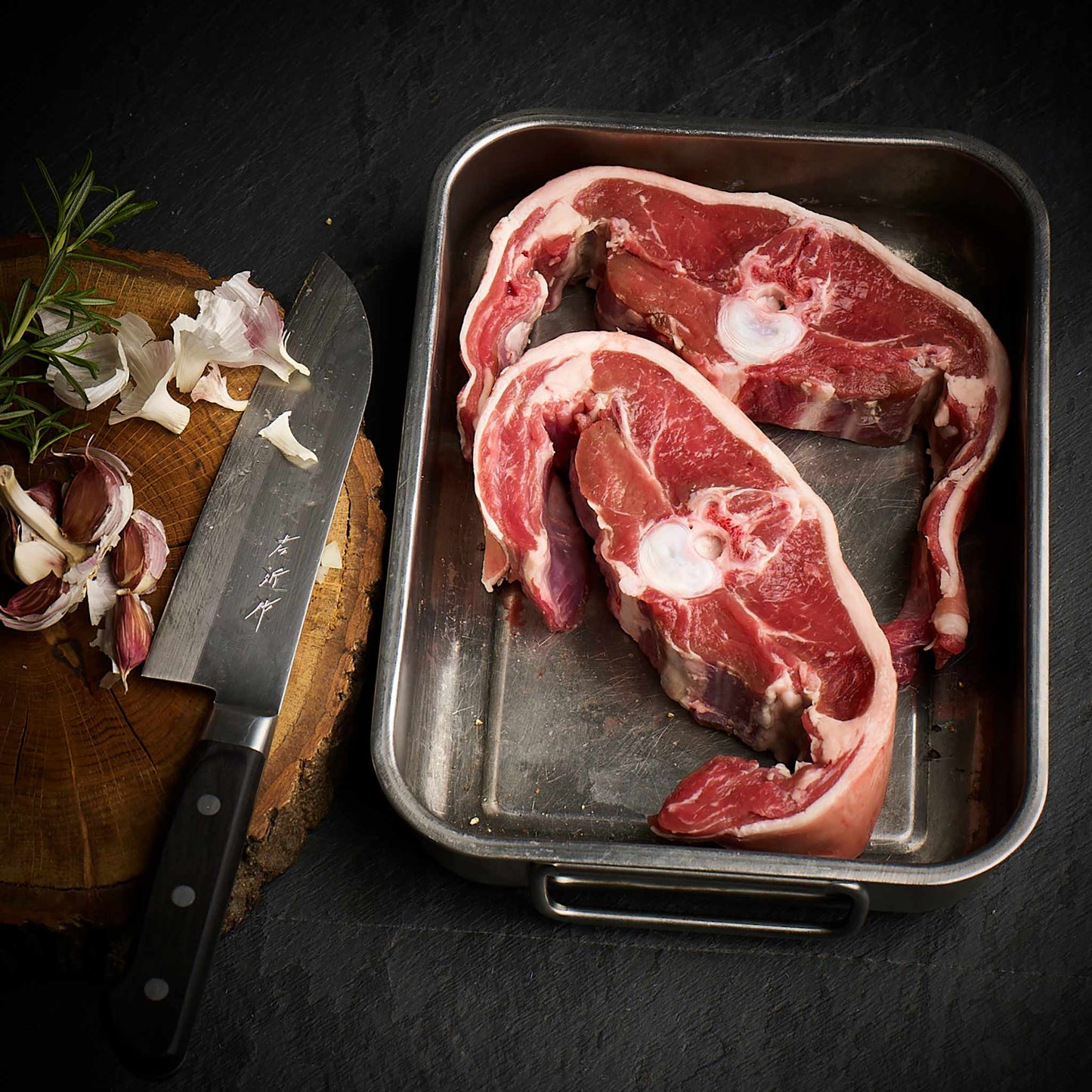We source our chicken from one farm in Leicestershire. The farm is Pasture for Life certified and rears truly free range, outdoor birds.

This year our #Regenuary campaign is focussing on food service and how the foods we eat outside of the home can be prepared with a lower impact, be it fine dining or a sandwich from a petrol station, small changes adopted on mass scale can make a huge difference.
The 5Rs.
In sustainability and zero waste systems there is an often used guide called the 5rs, there are a few variants of this but for our purpose we will define them as:
- Refuse
- Reduce
- Reuse
- Recycle
- Rot (compost or ferment)
Where did the 5Rs come from?
The concept of the 5Rs came from a 2013 book by Bea Johnson titled: Zero Waste Home: The Ultimate Guide to Simplifying Your Life by Reducing Your Waste - Amazon link
Amazon review: This book shares essential how-to advice, secrets, and insights based on Bea's experience. She demystifies the process of going Zero Waste with hundreds of easy tips for sustainable living that even the busiest people can integrate: from making your own mustard, to packing kids' lunches without plastic, to canceling your junk mail, to enjoying the holidays without the guilt associated with overconsumption. Zero Waste Home is a stylish and relatable step-by-step guide that will give you the practical tools to help you improve your health, save money and time, and achieve a brighter future for your family--and the planet.
The 5 rs are and is considered to be an expansion and completion of the existing 3Rs which are simply reduce, reuse, recycle.
So where did the 3 Rs come from?
The 3Rs go back a bit and gained popularity in the 1970s but the beginnings of the concept go further back, much, much further back.
Waste management has been a recognised problem since humans have settled with the earliest account of waste management dates back to Greece in 500 BC where the first municipal dump was established and trash had ro be disposed of at least a mile from the city.
Japan
Records of recycling exist from 1031AD in Japan. Paper manufacturing was decentralised and this created a cottage industry of recycling and making new paper from rags fishing nets and other waste fibres.
In Japanese culture today there is a concept called mottainai (もったいない )which translates as 'don't waste anything worthy'. Mottainai also conveys a sense of regret over waste and can be used as an exclamation - "what a waste"
The author Hitoshi Chiba writing in 2002 described mottainai as follows:
We often hear in Japan the expression 'mottainai', which loosely means 'wasteful' but in its full sense conveys a feeling of awe and appreciation for the gifts of nature or the sincere conduct of other people. There is a trait among Japanese people to try to use something for its entire effective life or continue to use it by repairing it. In this caring culture, people will endeavor to find new homes for possessions they no longer need. The 'mottainai' principle extends to the dinner table, where many consider it rude to leave even a single grain of rice in the bowl. The concern is that this traditional trait may be lost.
Mottainai is also deeply connected to Shintoism which is Japan's indigenous nature based religion. Shinto believes that everything around us, man made or natural has a 'kami' or spirit which has innate value and should not be discarded in a disrespectful way.
So how does this relate to the first 'R'
To REFUSE
In many ways this first R is the most powerful as it's implication will travel up supply chains and what it means is simple, just say no to a supplier that will not work with you to reduce impact.
As The Ethical Butcher we say no to vast majority of famers who contact us as about becoming a supplier, the reason we say no is that for whatever reason they are not meeting our requirements for regeneration or impact. Saying no is powerful and it sends a message, over the few years we've been inbusiness a few of the 'no's have been turned to yes as a direct result of people wanting to work with us our 'no' has caused them to create a change in how they produce.
The same power of NO has been used on us by our suppliers.
As a restauranteur you have a choice of suppliers and these suppliers want your business so when we were in touch Silo to supply our regenerative meats to them they said no our packaging so we worked together to develop packaging free deliveries.
Working with Silo we figured out how to deliver meats to them without packaging. At our unit we pack orders into metal trays and then cover loosely with a biodegradable paper, our drivers load directly into Silo's fridge and the metal trays come with us and the paper is composted.
Where this becomes particularly powerful is that we now offer packaging free deliveries to any of the restaurants who are able to work with us on this basis. The power of NO has travelled further than Silo, it has had a ripple effect up the supply chain and to other customers.
How to know when to say no?
We can only say toi no to things that have a solution and sometimes this might not be obvious but that's where we can work together. If we say no to a potential farm supplier we will tell them why, what we want to see and what they need to do, they might not have thought it possible but we can direct them to other that have achieved it.
The same it true of our customers, we hadn't considered that we could offer packaging free deliveries until we were asked and we worked through the problem to find a solution.
The post positive change begins with a negative word, NO.



